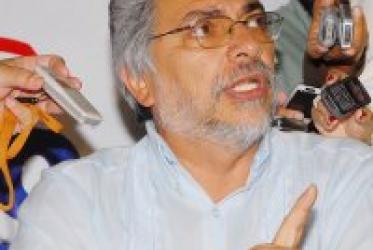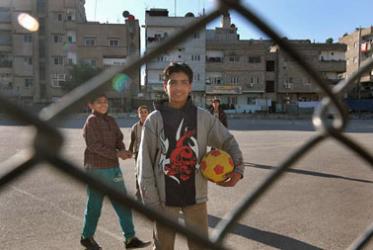Displaying 7261 - 7280 of 8405
Relief agencies wait for visas to aid Myanmar
09 May 2008
Myanmar: Churches to mobilize emergency aid
06 May 2008
WCC congratulates Paraguayan President-elect
30 April 2008
WCC delegation met with Syria's Assad
24 April 2008
WCC delegation visits Christians in the UAE
22 April 2008
The passing of Krister Stendahl, an eminent ecumenist
18 April 2008
"Ignored by the whole world" - a visit to Yambio, Sudan
17 April 2008
Bringing hope to a broken world
14 April 2008

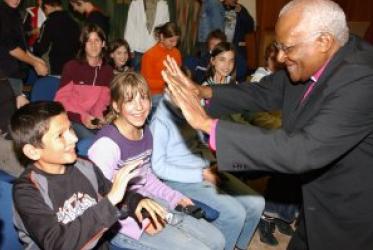
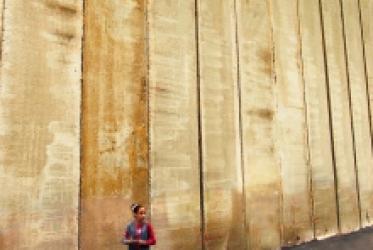

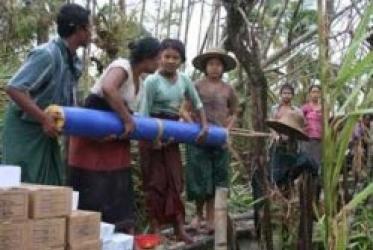

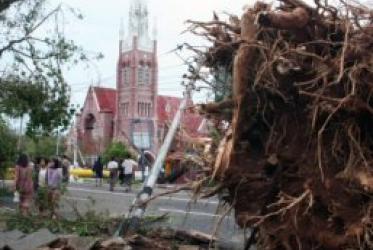
!["All Iraqis are trying to leave," Clara - a young woman working for the Greek Orthodox Patriarchate in Damascus and a refugee herself - told the WCC delegation. "Since one year the United Nations tell us that they will find a solution [for Iraqi refugees in the region], but nothing happens." "All Iraqis are trying to leave," Clara - a young woman working for the Greek Orthodox Patriarchate in Damascus and a refugee herself - told the WCC delegation. "Since one year the United Nations tell us that they will find a solution [for Iraqi refugees in the region], but nothing happens."](/sites/default/files/styles/teaser/public/newsItem/wjV59XHs.jpeg?itok=YIkp9xNl)
